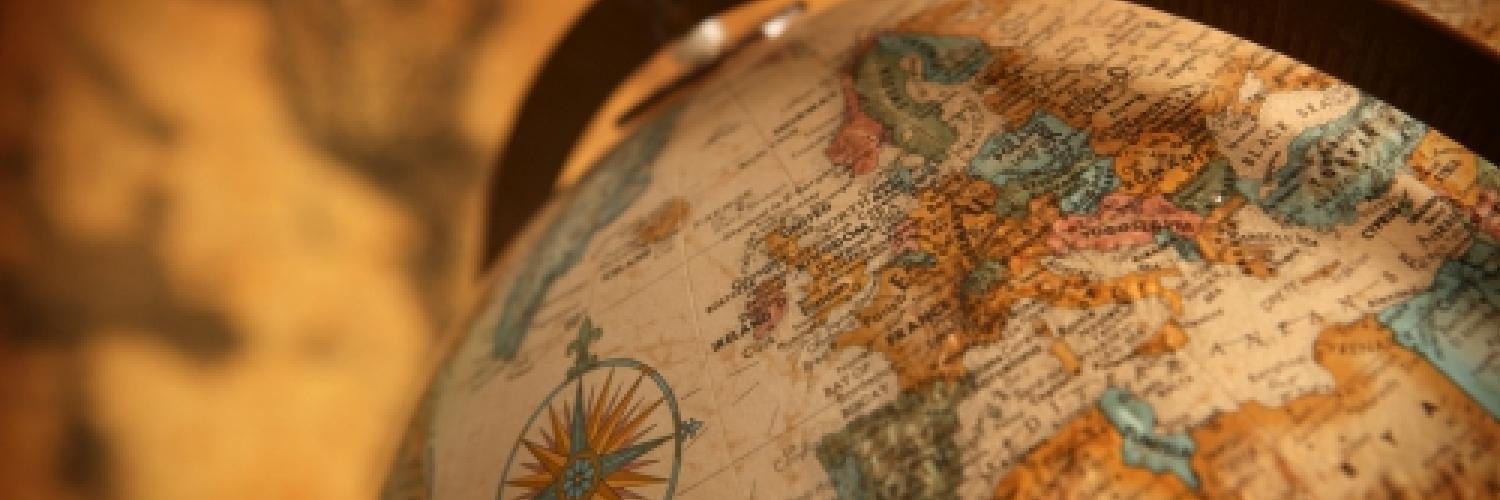This project searches for ways to establish a multilateral system for global security governance to cope with the challenges of the 21st century and to define the place of the European Union therein.
The European Union, in its evolution and its present being, has been embedded, grew and deepened in a system of transatlantic hegemony. This hegemony started with World War II and defended pride of place, even in the bipolar rivalry throughout the Cold War. It further evolved in a system characterized by a short “unipolar moment” in the 1990s and a following hybrid with unipolar and multipolar elements. Living in the age of globalization and power change, we face a seminal transition from the transatlantic-dominated, state-centred, geostrategic, and geoeconomic era to a future international system that will be multipolar and in which emerging nation states like China and India will play a much more significant role. Nevertheless, this more complex world is also highly interdependent in all policy fields, not the least in the field of security. It is therefore in need for governance structures which are able to prevent major war and minimize international and transnational violence. For that purpose, a security management system is required in which all major powers participate in a cooperative fashion.
The project uses a particular episode of European history, the 19th century “Concert of Europe“ as a template for managing and shaping the upcoming power transition as well as great power relations in general in a peaceful manner. We do, however, recognize the need to amend and further develop this template in order to apply it in a promising way. It has to include procedural and normative arrangements able to incorporate great powers with different normative systems and competing justice claims into a joint project of war prevention and world governance. The project aims to devise such a system adapted to the challenges of the present world, and to define a strategy for the European Union to initiate and foster its construction in cooperation with the other great powers.
Project Objectives
This project aims to provide a detailed inventory of the positions, attitudes and policies of the great powers of the 21st century, and to review the norms, procedures and institutions that govern cooperation within the current international system.
A central aim is to support post-doctoral researchers - all parts of the project have involved close collaboration between experienced and more junior researchers.
The project will help to identify arrangements that incorporate great powers into a joint project of conflict prevention, even where they have different systems of political rule, competing claims on justice, and diverging ideological positions ingrained in national political cultures and societal norms.
Overall, the objectives of the project are to identify the norms, procedures and institutions necessary to foster peaceful cooperation among the powers of the current international system.
External Partners
The project is based at the Peace Research Institute in Frankfurt (PRIF)
The Peace Research Institute Frankfurt is the largest peace research institute in Germany. Its work is focussed on identifying the causes of international and internal conflict and the conditions necessary for peace.
Dr Adam Humphreys from the University of Reading
Dr Mihaela Papa The Fletcher School, Tufts University
Project Outputs
Forthcoming: Situating Concerts as a Mode of Ordering in World Politics
The paper Concerts as a Mode of Ordering in World Politics: An ideal Type Approach by Adam Humphreys is available on Academia.edu




